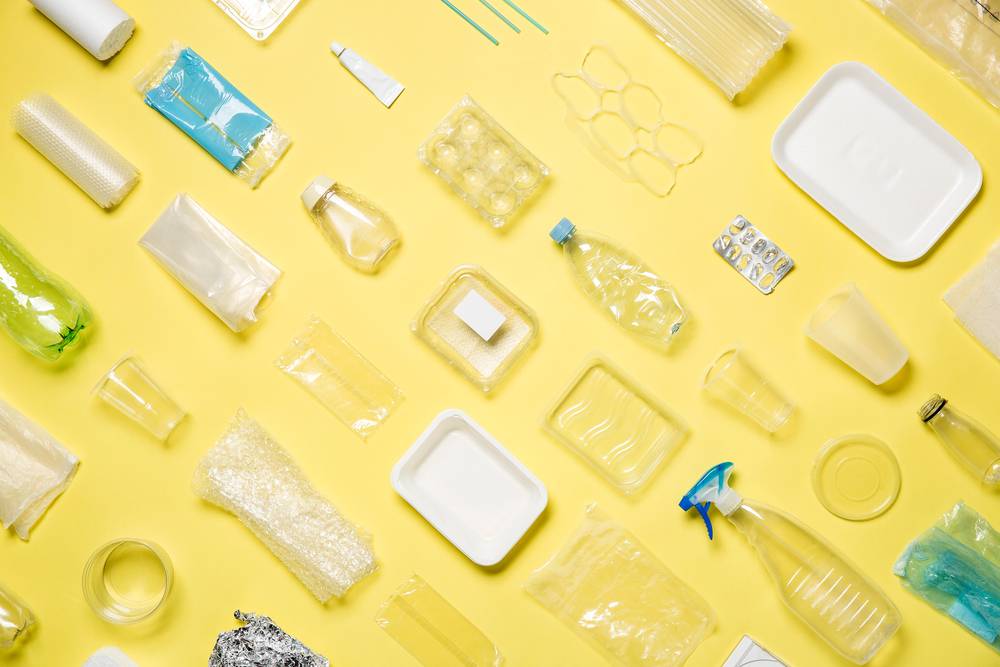
To encourage reduced use of plastics, a new “Plastic Packaging Tax” has been introduced, which will result in a tax liability for businesses that import or produce plastic packaging that contains less than 30% recycled plastic.
What is the Plastic Packaging Tax (PPT)?
The Plastic Packaging Tax (PPT) will be payable by any importer or manufacturer of plastic packaging in the UK, where the packaging has been made from less than 30% recycled plastic.
It will apply to businesses that import or manufacture 10 tonnes or more of plastic packaging, who will be liable to a charge of £200 per tonne for plastic packaging that that does not meet the 30% recycled plastic threshold.
The PPT will be a concern for many businesses due to its wide-ranging scope.
Who does the Plastic Packaging Tax apply to?
If a business is importing plastic packaging or products contained in plastic packaging into the UK, or manufacturing plastic packaging in the UK, then they could be liable to the PPT.
A business will have to register for PPT if they manufacture or import more than 10 tonnes, even if they meet the 30% recycled content threshold so aren’t actually required to pay any tax.
When do you need to register for the Plastic Packaging Tax?
A business must register if they meet one of two tests:
- If a business has manufactured or imported 10 tonnes or more of finished plastic packaging in the last 12 months (but only since 1 April 2022), it is liable to register for PPT. Once the 10 tonne limit is exceeded then the business is liable to register for PPT from the first day of the following month.
- If a business expects to meet or exceed the 10 tonne threshold in the next 30 days, it will be liable to register for PPT from the date it had reason to expect that it would meet the threshold.
A business has 30 days to register from the date that it becomes liable to do so.
Records need to be kept of how a business’ tests have been worked out, even if it is not required to register for PPT.
When is PPT chargeable?
PPT is chargeable when plastic packaging is ‘finished’ in the UK, or when the ‘finished’ plastic packaging is imported.
If plastic packaging is imported into the UK that is already filled with goods, this is treated as a finished packaging component and the business will be liable for tax on the packaging, if applicable.
Packaging components going through several processes will not be taxed at each stage, rather the business that undertakes the last substantial modification before the packing or filling process will be liable for the tax.
There are specified exemptions that are not taxable but still count towards the 10 tonne threshold, e.g. for the immediate packaging of licensed human medicinal products, but the rules are complex.
What actions should you take?
Businesses need to review their circumstances in light of the PPT, and in particular:
- Consider to what extent the business will be liable to PPT
- Review supply chains that could be affected and make any necessary amendments to contracts and pricing
- Put in place procedures to ensure that the record-keeping requirements are complied with
- Assign roles and decide who will be responsible for the compliance
- Provide training where necessary for individuals who will be responsible for PPT
- Make any relevant changes to systems and consider if more recycled content or non-plastic materials can be used in the packaging of products
How we can help
We expect most businesses will organise their own compliance with respect to the new Plastic Packaging Tax, and we refer you to the HMRC guidance, which can be found on the UK Government website.
If you have a query or issue relating to the PPT or any other business tax, that isn't covered by the government advice or this blog, we encourage you to get in touch with our dedicated tax team today with your query.
.jpg)
Brian Gooch
I work extensively in the corporate owner managed business sector, covering transactional taxes, property taxes including Stamp Duty Land Tax and VAT, and all areas of business tax planning. I have considerable experience in maximising tax efficiency by reviewing business structures and planning corporate reorganisations.
View my articlesTags: Business Taxes
